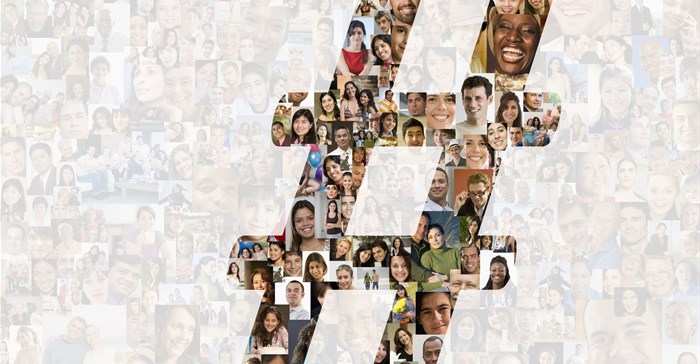






However, data does not only need to come from conventional sources, with social media having potential applications in identifying potential public health issues, and informing the best way to educate the public about particular issues.
Professor Peter Bradley, director for Health Intelligence at Public Health England explains how text analysis has been used to identify the best way to combat misinformation surrounding vaccinations.
Bradley says: “What we’re able to do is look at the Twitter feed. In this case we looked at every Twitter feed that had [vaccine related tweets] and we can begin to understand the sentiment behind these feeds, the types of people who are showing concern. That allows us to target messaging so that the appropriate scientific advice is given to groups to counteract this myth that has persisted in in the society around vaccinations.
“We’re now moving towards a possibility of having a much more personalised approach where we can improve health by using the data that’s coming through, big data potentially, and making sure that we are using all those possibilities that we have in terms of using data from smart phones and citizen generated data in all its forms.
“We are going to have to think very closely about what the public really wants to share in terms of the data and what do they want to use it for. We already work very closely with the National Data Guardian and other groups that are concerned about information governance and this is a really big area for us.
“We can’t currently access a lot of our data because it’s not deemed appropriate, so the need for that debate is really crucial - artificial intelligence and related activities can introduce bias, so the way that we train our data is very important. We don’t want to be prejudicing people who we are most trying to help.”

